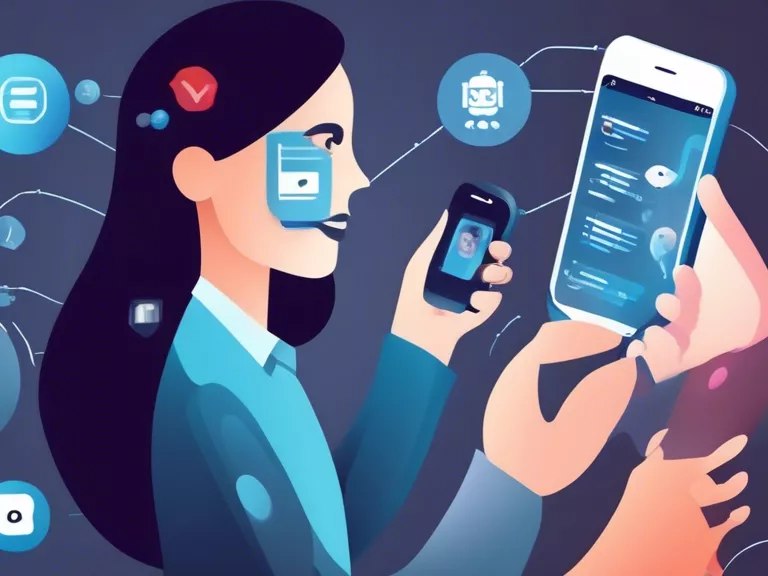
In recent years, the concept of smart cities has gained immense popularity as urban centers around the world strive to become more efficient and sustainable. One of the key elements driving this transformation is the proliferation of mobile apps that connect citizens to essential urban services. These apps are revolutionizing the way people interact with their cities, making it easier for residents to access information, report issues, and participate in civic life.
Mobile apps have the potential to transform the very fabric of urban living by providing a seamless and convenient way for citizens to engage with their surroundings. From transportation and healthcare to waste management and public safety, these apps offer a one-stop platform for accessing a wide range of services. For example, commuters can use transportation apps to check real-time updates on bus schedules and traffic conditions, while residents can report issues such as potholes or broken streetlights directly to the relevant authorities.
Moreover, mobile apps are empowering citizens to take an active role in shaping the future of their cities. Through features like community forums and feedback mechanisms, residents can voice their opinions, share ideas, and contribute to urban planning initiatives. This level of engagement not only fosters a sense of ownership and accountability among citizens but also allows local governments to make more informed and responsive decisions.
As the adoption of mobile apps continues to grow, the potential for smart cities to become more connected and user-centric is enormous. By leveraging the power of technology, urban centers can enhance the quality of life for their residents, streamline service delivery, and create more sustainable and inclusive communities. The future of smart cities lies in the hands of their citizens, and mobile apps are paving the way for a more connected and participatory urban experience.



